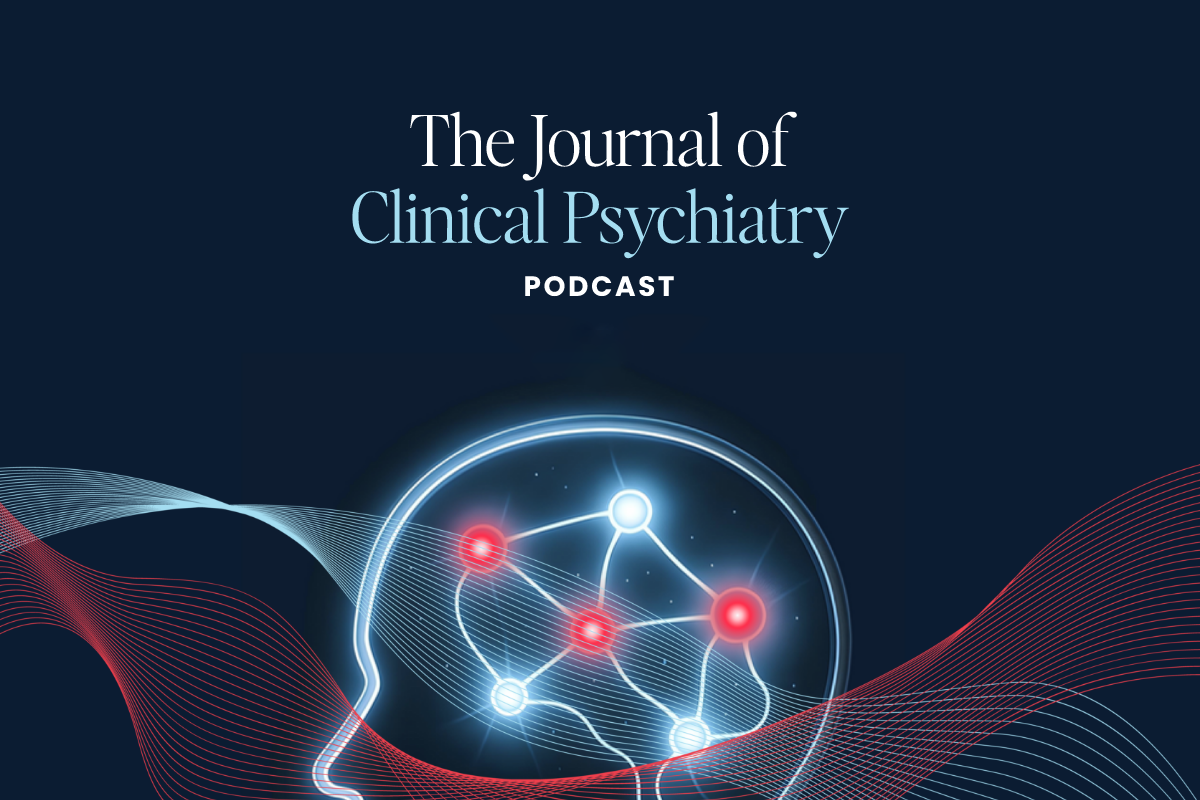Arizona psychologists may soon be granted the power of the prescription pad. Senate Bill 145, which is now winding its way through the state legislature, would make it legal for psychologists to dispense psychiatric medications.
To be clear, the bill would not allow just anyone who hangs up a therapist’s shingle to prescribe drugs to patients. Only licensed psychologists who have earned a doctorate would be eligible. They would then have to earn a specialized certification involving 450 classroom hours and 80 additional hours of training.
Clinical and Practical Psychopharmacology
Using Knowledge of Pharmacokinetics
Psychotropic Drugs With Long Half-Lives
The argument for the controversial measure, according to KTVK in Phoenix, is that psychologists often know what is best for their patients. Combining therapy and medication with a single provider would make seeking help easier and more affordable. Proponents of the measure also claim that the additional requirements would give prescribing psychologists more experience in diagnosing and treating mental health disorders than many primary care physicians.
However, some psychiatrists argue that the plan would erode quality of care.
“My opposition today is about protecting vulnerable populations, not making individuals with mental health conditions second class patients by allowing non medically trained persons to prescribe medications, which as we’ve heard are already over utilized,” Pinal County psychiatrist Jasleen Chhatwal, MD told KTVK.
Another psychiatrist told the Senate that the proposed training is not nearly enough. “What’s being described, I mean 80 hours. Let’s remind you that’s two weeks. 450 hours, that’s 12 weeks, far less than any of the students I work with,” said Larry Mecham, MD.
Despite the pushback, the bill has passed the state Senate and is now heading to Arizona’s House.
Six other states already allow psychologists to prescribe medication, including Louisiana, New Mexico, Illinois, Iowa, and Idaho. Colorado just signed a similar bill into law two weeks ago.
All states where psychologists have been given prescribing privileges require some higher level of credentialing. In Louisiana, Iowa, and Idaho, for example, candidates must complete a postdoctoral master’s degree in clinical psychopharmacology. In New Mexico, they must undergo a minimum of 450 hours of didactic instruction along with a 400-hour supervised practicum as part of the eligibility criteria.
Even the federal government has allowed a limited number of psychologists to prescribe psychotropic medication. In 1991, the Department of Defense held a six-year trial program to train 10 psychologists to prescribe medication at assigned military bases. Some of those psychologists are still prescribing today, according to the American Psychological Association. Appropriately screened and trained psychologists are now allowed to receive prescribing credentials through the Defense Department, the U.S. Public Health Service, and the Indian Health Service.



